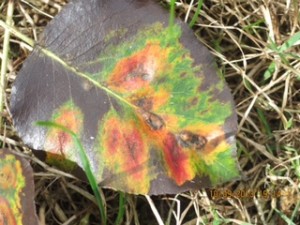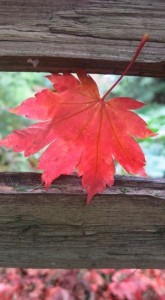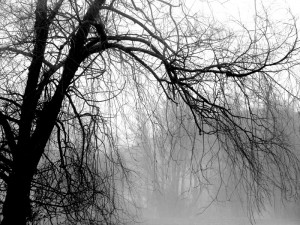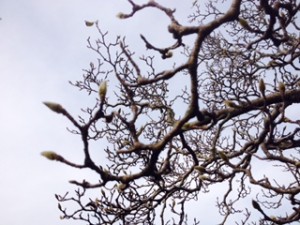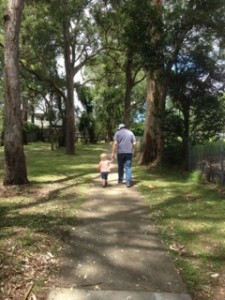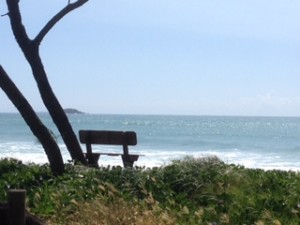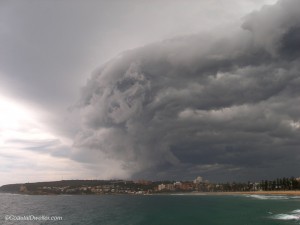With our very severe droughts, dams can be dry and things that were unfortunately dumped there are exposed again – including tyres that were once swings over the water.
However my poem is about the turn around weather that also happens in our country and the dam ‘overflows’ with laughter and joy. The poem was inspired by a dam, on a property that I was visiting at the time, called the Sanctuary in Queensland. A place of peace and bell birds, blue lilies, magnificent stands of eucalypt , and a sacred bora ring of Bunyan Pines and much, much more. When the rains came it was magic as the poem portrays.
renaissance
it was a long dry
the underbelly of the dam
in the far paddock
exposed tyres a rusted trap machinery
old wheels and discarded petrol drums
after the rains
sound from the dam calls
from beyond the scrub
i follow the once hard dusty track
now a squelch of mustard clay
and sticky wet paspalum knee deep
dank-scented saplings and surviving gums
cocoon new life
saffron-blue water lilies
crowd the iron-black water
needles of wind cross stitch the surface
falling seed pods, dip of willow
the scud of iridescent ducks
zip of stippled dragon wings
and dart-tilt-skim of arrowed swallows
overlay the pattern
at the far end
half-hidden in the reeds
lies a rotting mossy log
a diving board from my childhood days
crickets frogs birds in chorus
and gregarious squeals
from two busy masked lapwings
on the bank
create a bush symphony
here in my place of refuge
a coming home
the roots of an old gum
extend comfortable arms
i sit in their embrace
listen
and watch
an egret stalks its prey

